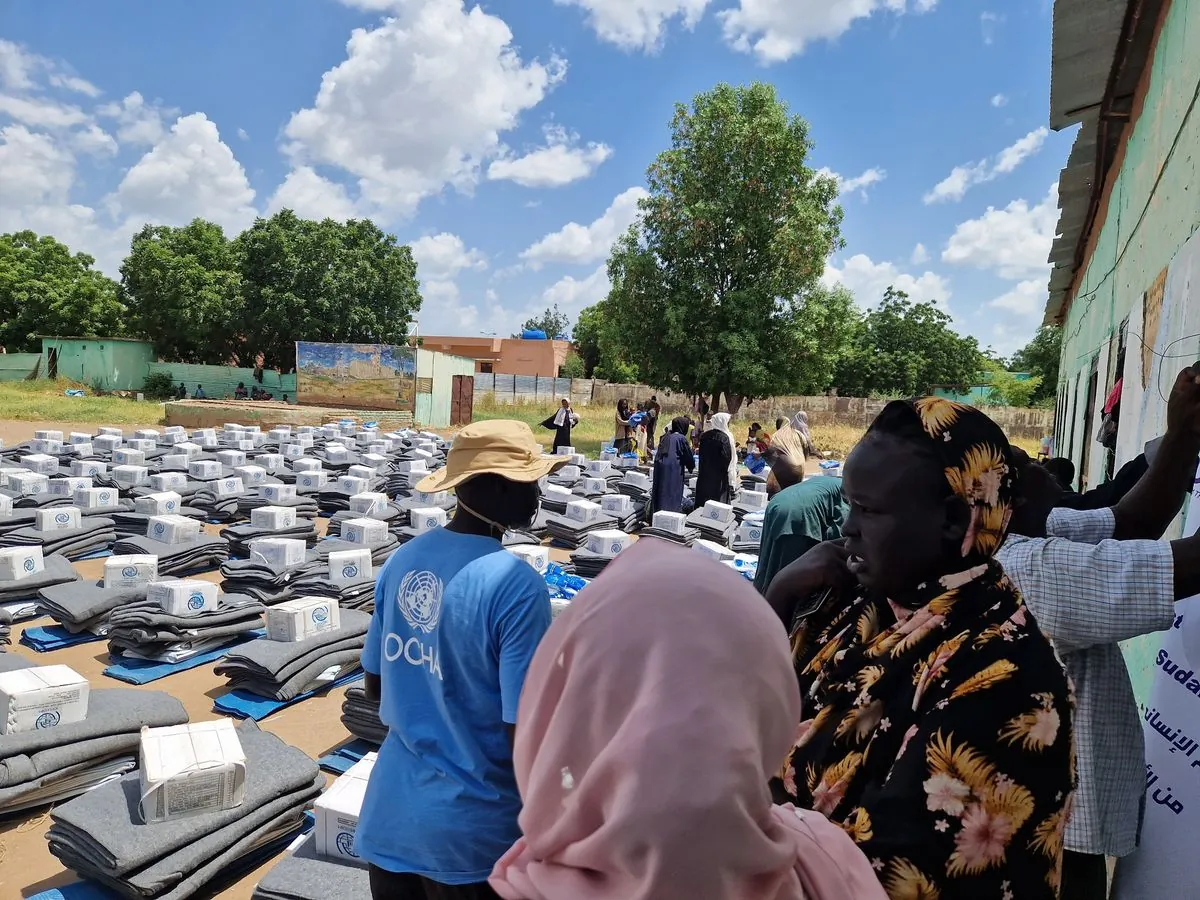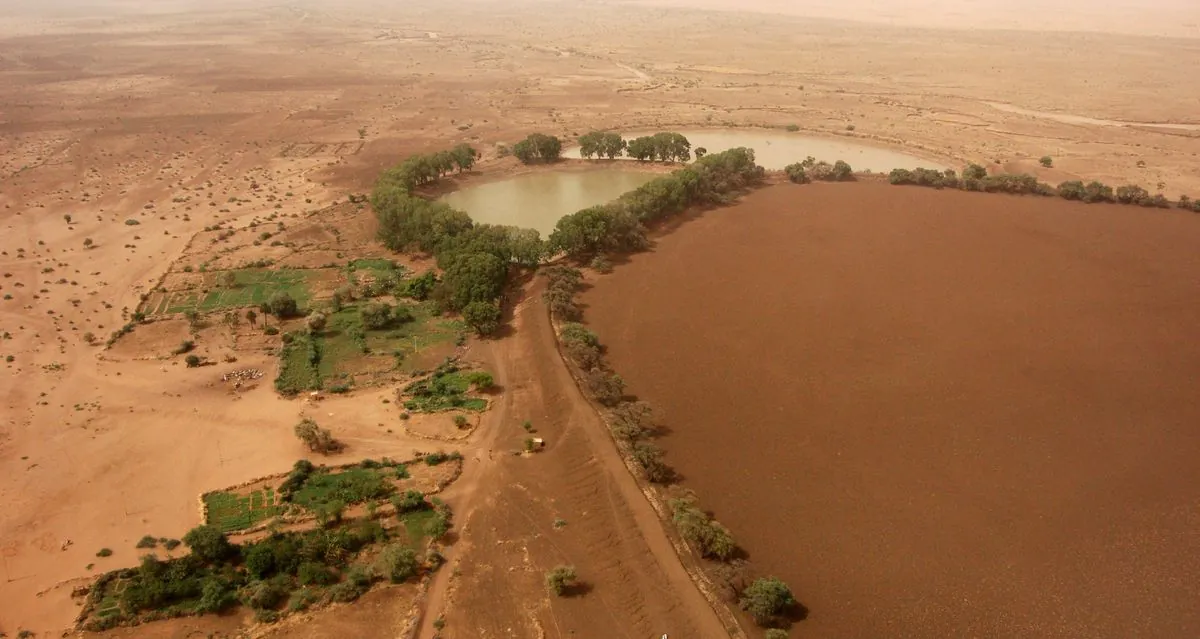UN Warns of Escalating Crisis in Sudan as Violence and Famine Spread
UN reports intensifying conflict in Sudan's Darfur region, with famine striking Zamzam camp. Urgent calls for humanitarian access and de-escalation as civilian casualties mount and food insecurity worsens.

The United Nations has raised alarm over the deteriorating situation in Sudan, where relentless violence continues to ravage the country. Joyce Msuya, the UN's acting humanitarian chief, addressed the Security Council on September 19, 2024, highlighting the escalating conflict in the western Darfur region, particularly around El Fasher, the capital of North Darfur state.
The current crisis in Sudan began in mid-April 2023, stemming from long-standing tensions between military and paramilitary leaders. This conflict has resulted in over 14,000 fatalities and 33,000 injuries, according to UN reports. The situation echoes the devastating Darfur conflict that began in 2003 and lasted until 2020, during which the notorious Janjaweed militia committed numerous atrocities.

Msuya emphasized the dire humanitarian situation, particularly in Zamzam camp, located approximately 15 kilometers from El Fasher. Famine has been confirmed in the camp, which houses around 500,000 displaced individuals. The camp, established in 2004, has become a focal point of the current crisis. Recent health screenings conducted between September 1-5, 2024, revealed alarming malnutrition rates, with 34% of children malnourished, including 10% severely malnourished.
The humanitarian crisis extends beyond Zamzam camp, with close to 1.7 million people in North Darfur facing acute food insecurity. This situation is part of a broader pattern in Sudan, which has experienced recurring droughts and famines throughout its history. The country's economy, already strained by international sanctions, faces further challenges due to the ongoing conflict.
"Be in no doubt: Without safe and predictable access and a steady supply of food and humanitarian supplies, we will see a dramatic spike in mortality — including children — in Zamzam and in other areas around El Fasher."
The International Criminal Court (ICC), which has been investigating war crimes in Darfur since 2005, expressed concerns about potential ongoing atrocities. In January, ICC prosecutor Karim Khan suggested that both sides in the current conflict may be committing war crimes, crimes against humanity, or genocide in Darfur.
Despite a UN Security Council resolution in June 2024 calling for an immediate halt to the fighting, the situation has continued to deteriorate. The conflict has severely impacted civilian infrastructure, with only one of El Fasher's three main hospitals functioning partially following an attack in August.
Msuya urged the international community to pressure the warring parties - the Sudanese military and the Rapid Support Forces (RSF) - to agree to a humanitarian pause. This pause is crucial for saving lives, providing respite to civilians, and allowing the delivery of much-needed assistance.
Sudan, once the largest country in Africa before South Sudan's independence in 2011, has a complex history of conflict. The country has been under military rule for most of its post-independence period since 1956 and has experienced multiple civil wars. The current crisis threatens to undo progress made since the Comprehensive Peace Agreement of 2005, which ended the Second Sudanese Civil War.
As floodwaters recede in the coming weeks, the UN plans to increase food and aid deliveries to El Fasher and other areas at risk of famine. However, the success of these efforts hinges on de-escalation of fighting and cooperation from both sides to facilitate access to those in need.
The international community faces a critical challenge in addressing this humanitarian catastrophe. Immediate action is required to prevent further loss of life and alleviate the suffering of millions of Sudanese civilians caught in the crossfire of this devastating conflict.


































